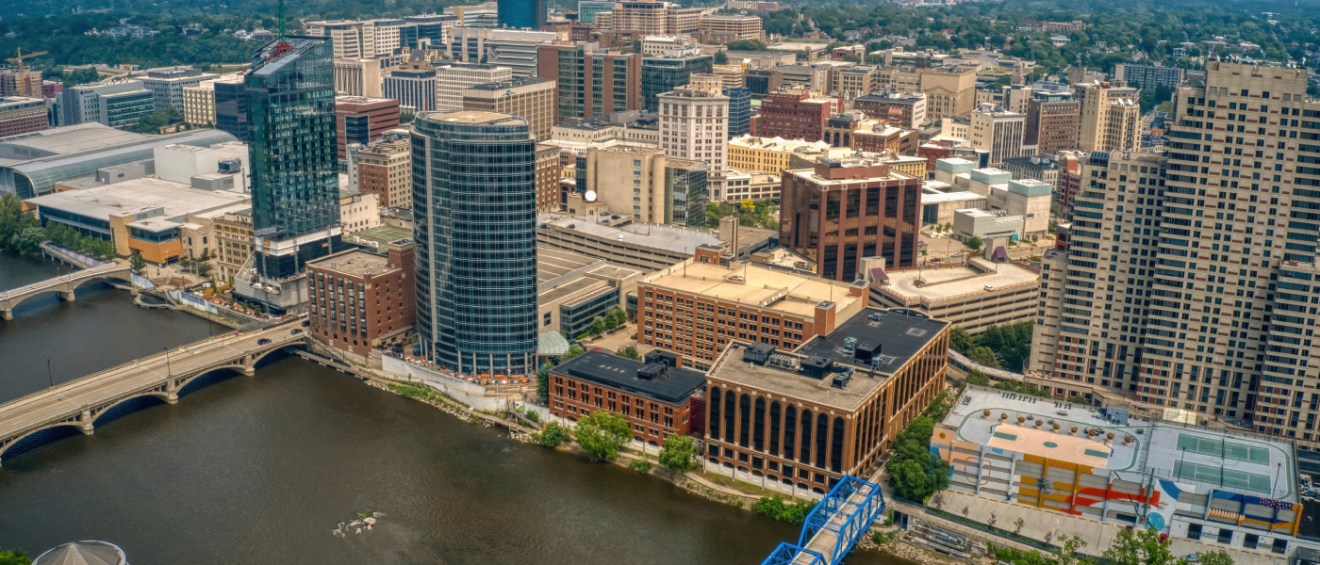Why Understanding the Lease Renewal Process Is Key to Staying Home-Sweet-Home
Share this article:
So, your lease is winding down and you’re wondering: Should I stay or should I go? Before you start humming that tune too loudly, let’s talk about the all-important lease renewal process. It might not be as thrilling as finding a hidden clause in a pirate map, but it’s your treasure map to continued comfort.
Navigating the lease renewal process may seem tedious, but it offers significant advantages. Whether you’re comfortable in your current residence or evaluating a potential move, understanding this process ensures that you remain proactive about deadlines, financial considerations and communication with your landlord.
Without further ado, let’s take a look at how to approach lease renewal with confidence and clarity.
1. Lease renewal process 101: It’s not just a paper chase
First things first: What even is the lease renewal process?
At its core, renewing a lease means you and your landlord agree to extend your rental agreement, typically with some tweaks (or none at all). Think of it like hitting the “Continue Watching” button on Netflix — minus the popcorn, but plus a few signatures.

Here’s a rough outline of the typical steps:
Heads-Up Time: Landlords usually give 30 to 90 days’ notice before the lease ends, inviting you to renew.
Terms of Engagement: They’ll often include the new terms (such as rent increases, updates or lease-length changes).
Decision Time: You, the renter, can agree, negotiate or decline.
Sign on the Dotted Line: Once everyone’s happy (and the commas are in the right places), you both sign the new lease, pop the metaphorical bubbly and boom — home sweet, continued home.
2. Getting lease-savvy: How to prepare for the lease renewal process
Now that you know what the lease renewal process is, let’s talk prep. Renewing a lease isn’t just about having a pen handy.
Step 1: Know your timeline
Keep an eye on the calendar! Landlords are legally required to give you advance notice, but don’t wait to get proactive. Set a reminder 90 days before your lease ends. That way, you’re ready whether they knock with a new lease or a gentle nudge.
Step 2: Research the rental landscape
Before you commit to another lease term, peek around. Has rent gone up in your area? Are other units offering more bang for your buck? Of course, you may not need to jump ship, but knowing your options can give you negotiating leverage — and confidence that staying put is the right move.

Step 3: Review the offer like a lease detective
Did the rent go up? Are there any changes to policies on pets or guests? Even small tweaks can affect your comfort, so read everything. Twice. With snacks.
3. Don’t just sign & sigh: Tips for a smooth renewal negotiation
Ah, the art of negotiation — a fine blend of politeness, timing and just enough sass to ask for what you want without sounding like you’re auditioning for a courtroom drama.
Be respectful, yet direct
If the proposed rent increase feels too steep or if you’ve been a rockstar renter (rent always paid on time without a single spontaneous indoor trampoline session), you can ask for a better deal.

Sweeten the deal
You might also consider offering something in return to strengthen your negotiating position. For example, you could agree to a longer lease in exchange for a lower rent, offer to handle minor maintenance tasks if you’re handy and your landlord approves, or offer to pay several months’ rent upfront if that would be helpful.
4. To renew or not to renew? That is the renter’s question
Sometimes, even the smoothest renewal offer makes you pause. If your rent’s rising faster than your sourdough starter in quarantine or you’re eyeing a shorter commute (or a quieter upstairs neighbor), it might be time to move.
Before you make a decision, take a moment to reflect on a few important questions. Ask yourself whether you’re still happy living in your current place and if the new rent is truly worth it. Consider whether there are better options available within your price range, and think about the overall cost of moving — not just financially, but emotionally as well.

And, don’t forget to factor in hidden gems like moving truck fees and utility transfers.
If you choose to renew, congrats! You’ve just leveled up in renterdom. If not, that’s okay, too. Sometimes, closing one door (carefully, so it doesn’t slam) opens a new one — with better lighting and maybe even a dishwasher.
5. The home stretch: Finalizing the lease renewal process
Once you’ve agreed to terms, it’s time to wrap up the lease renewal process with a pretty legal bow. Review the finalized lease carefully. If it includes new terms that you didn’t agree to, now’s the time to speak up — not after you’ve unpacked your holiday decorations.

Then, make sure to:
- Get a copy of the signed lease for your records
- Confirm start and end dates
- Save all emails/texts related to the renewal
- Celebrate with your signature move — dance, coffee or just a victorious fist bump
Remember, this lease isn’t just paper — it’s your ticket to 12 more months of familiar walls and reliable Wi-Fi.
Renewing your lease doesn’t have to be a mystery wrapped in legalese. With a little prep, the lease renewal process can be as breezy as your balcony on a spring day.
So, don’t dread the email titled “RE: Lease Renewal” — embrace it! Whether you stay or stray, knowing the ins and outs of the lease renewal process ensures that you’re always in control of your castle — even if it’s just a one-bedroom with excellent natural light.
Share this article:
Adina Dragos is a real estate writer and research analyst with RentCafe. She has solid experience in real estate writing, covering topics ranging from best cities for renters and the top cities for rental activity to cost of living. Her work was featured in several prominent media channels such as Axios, The Dallas Morning News, ConnectCre and The New York Times.
The Ready Renter has your back
Tips, news, and research curated for renters, straight to your inbox.




Related posts
Subscribe to
The Ready Renter newsletter







